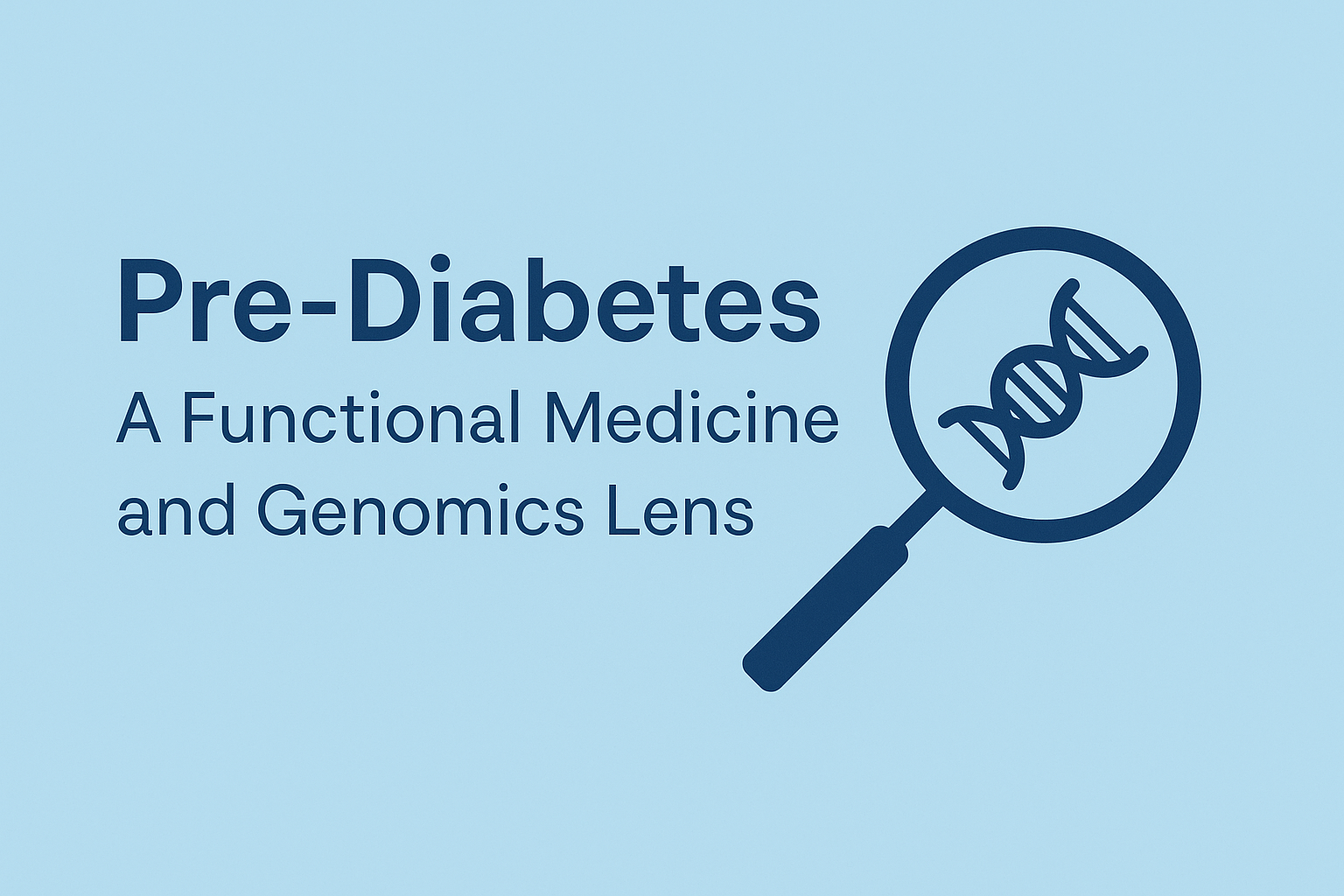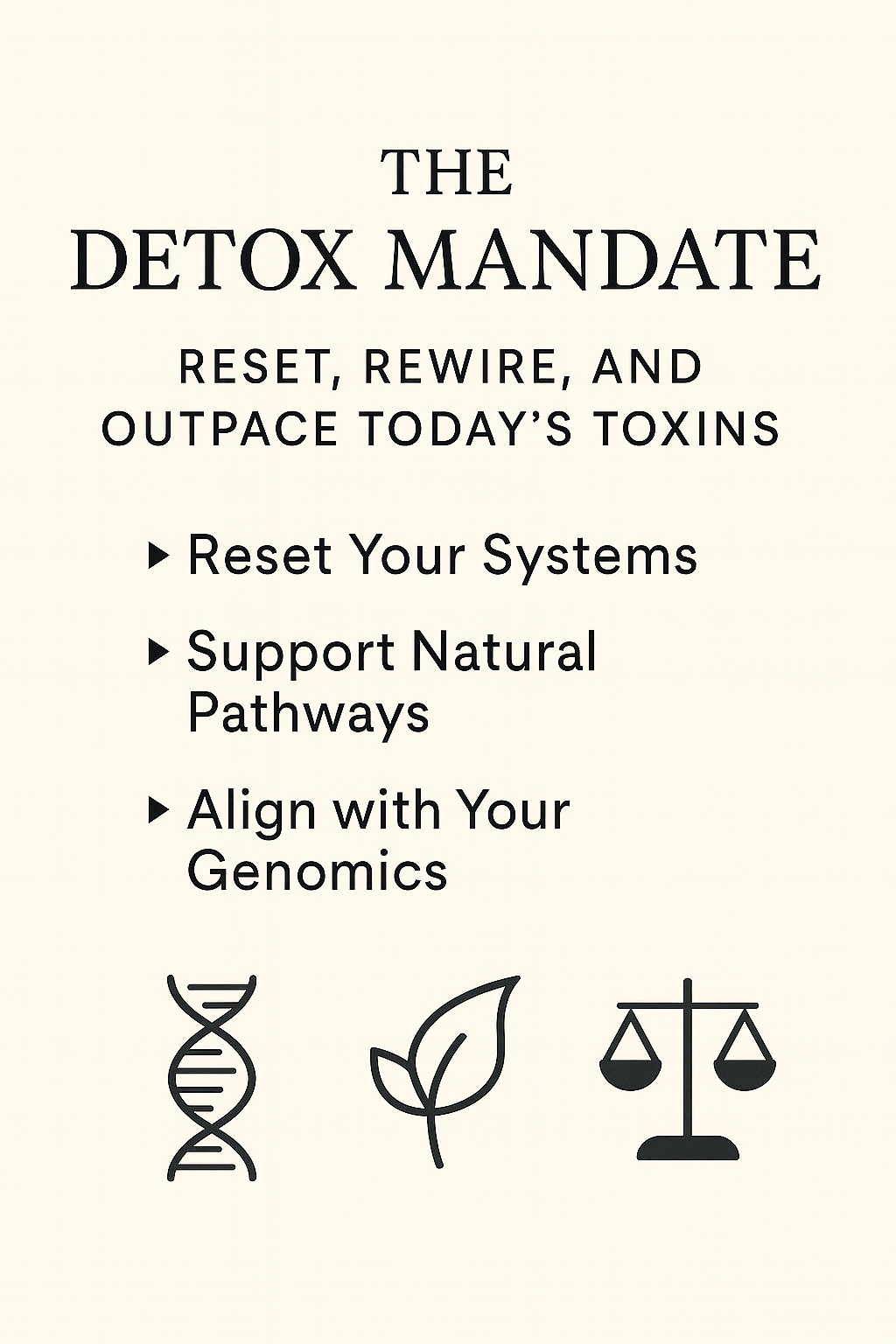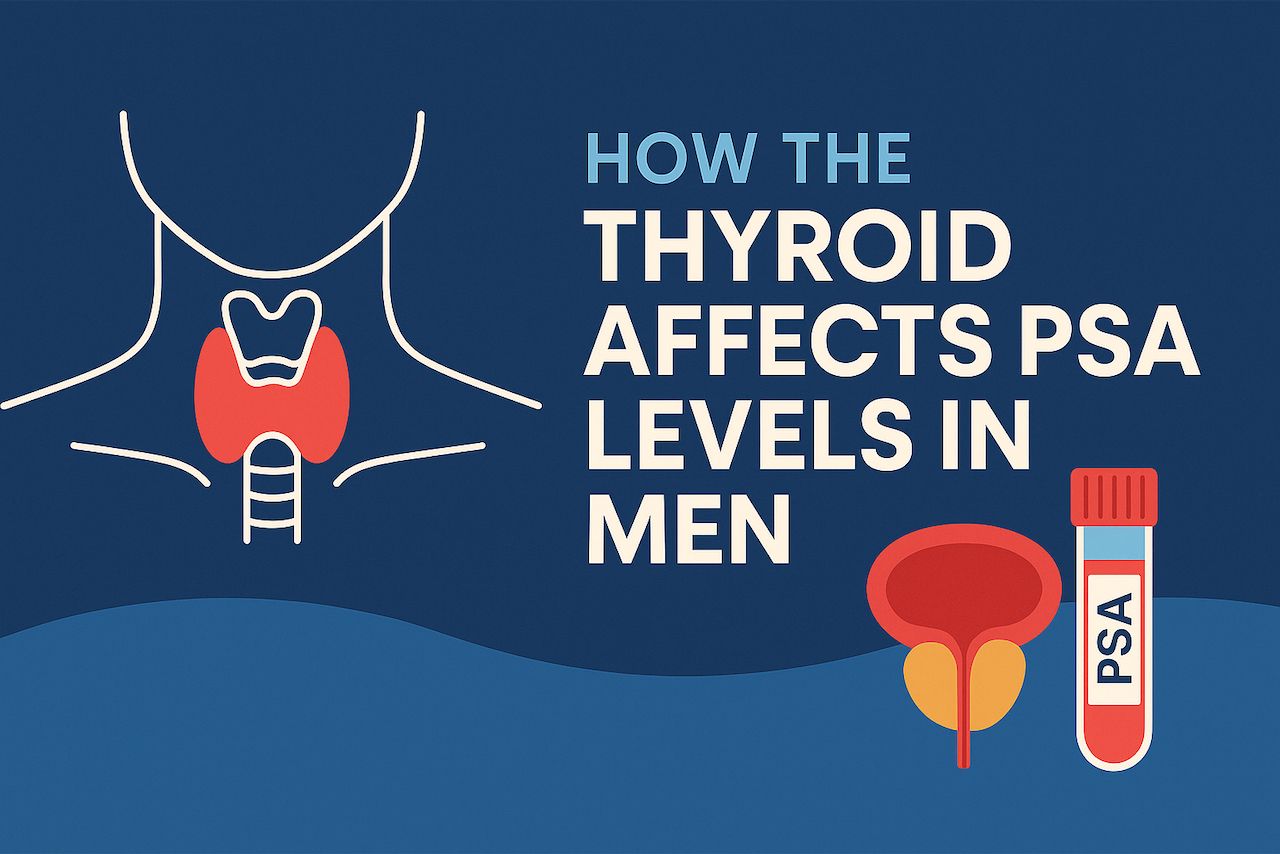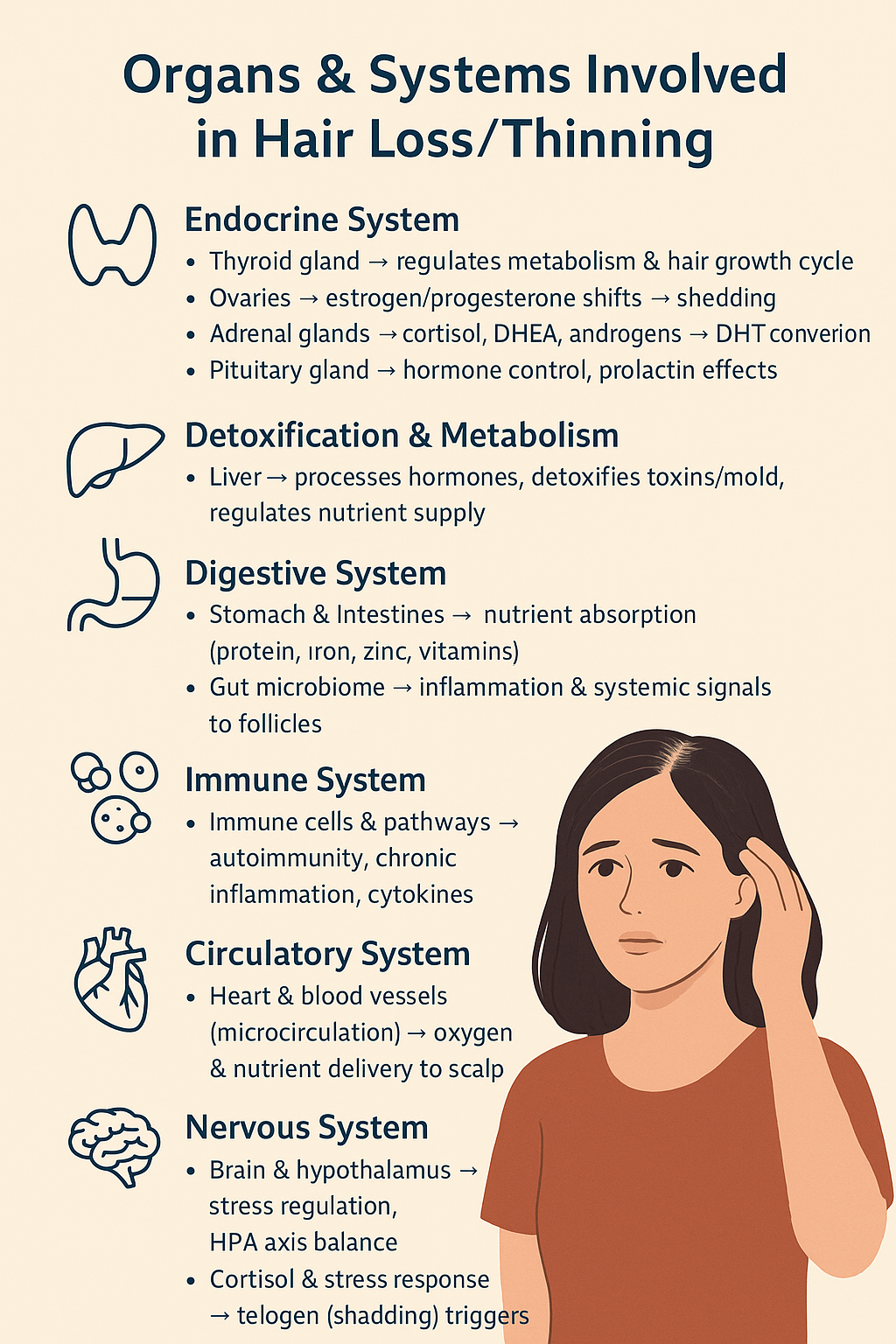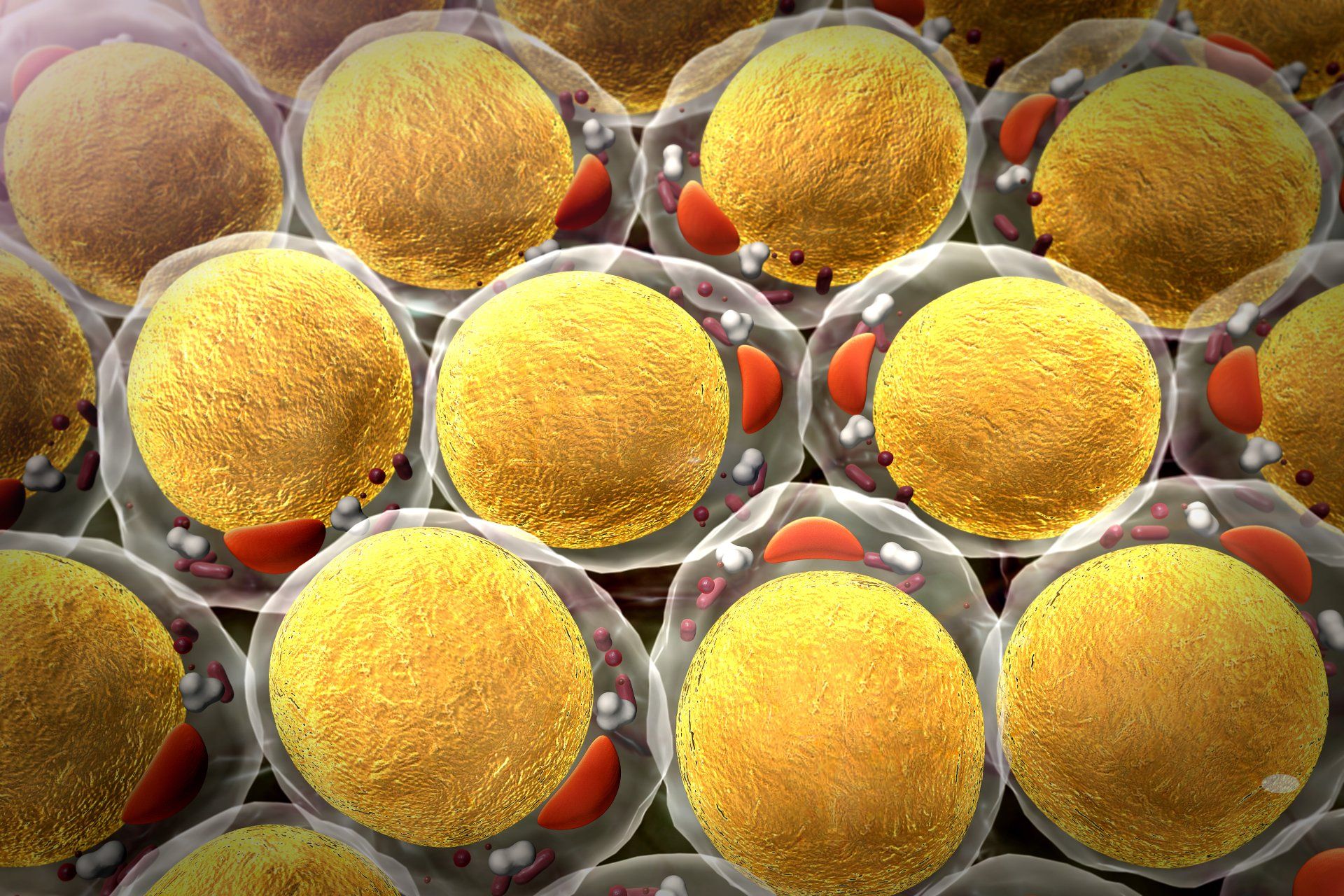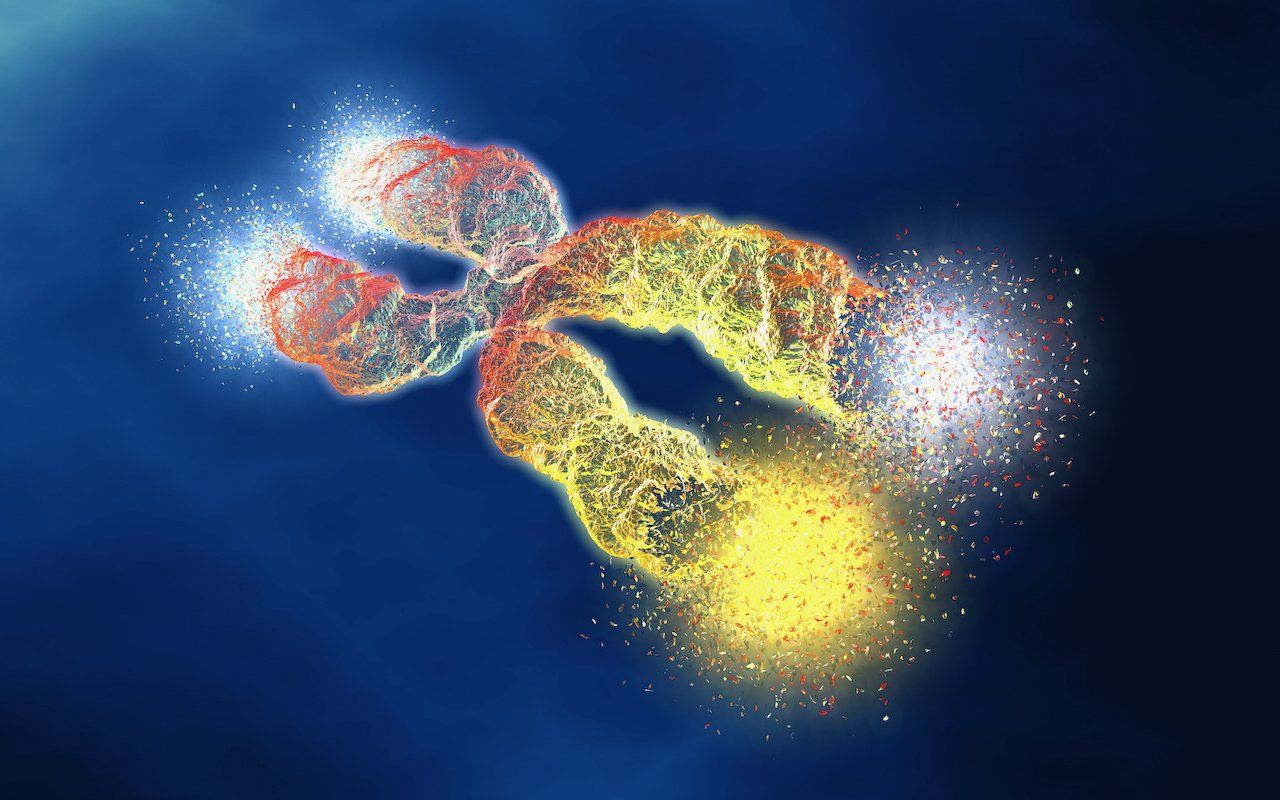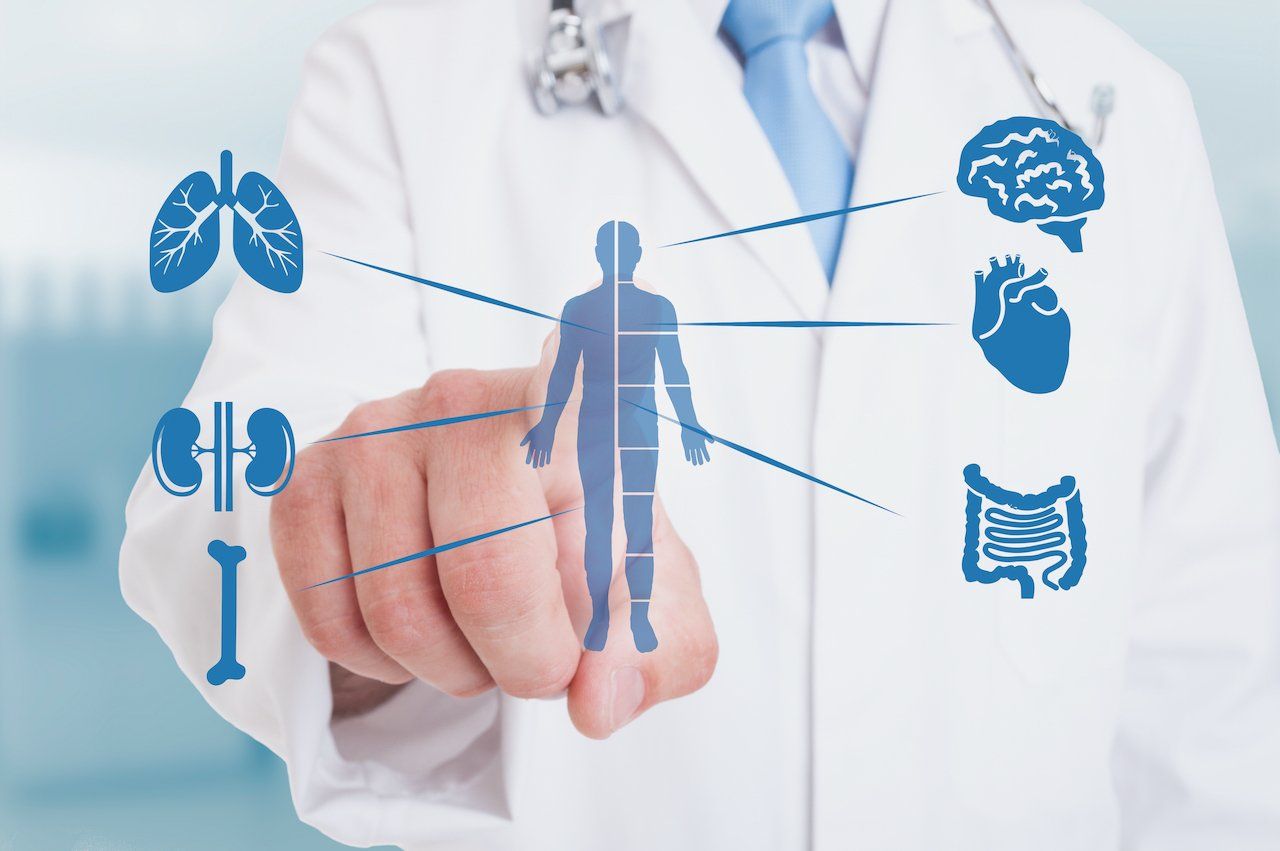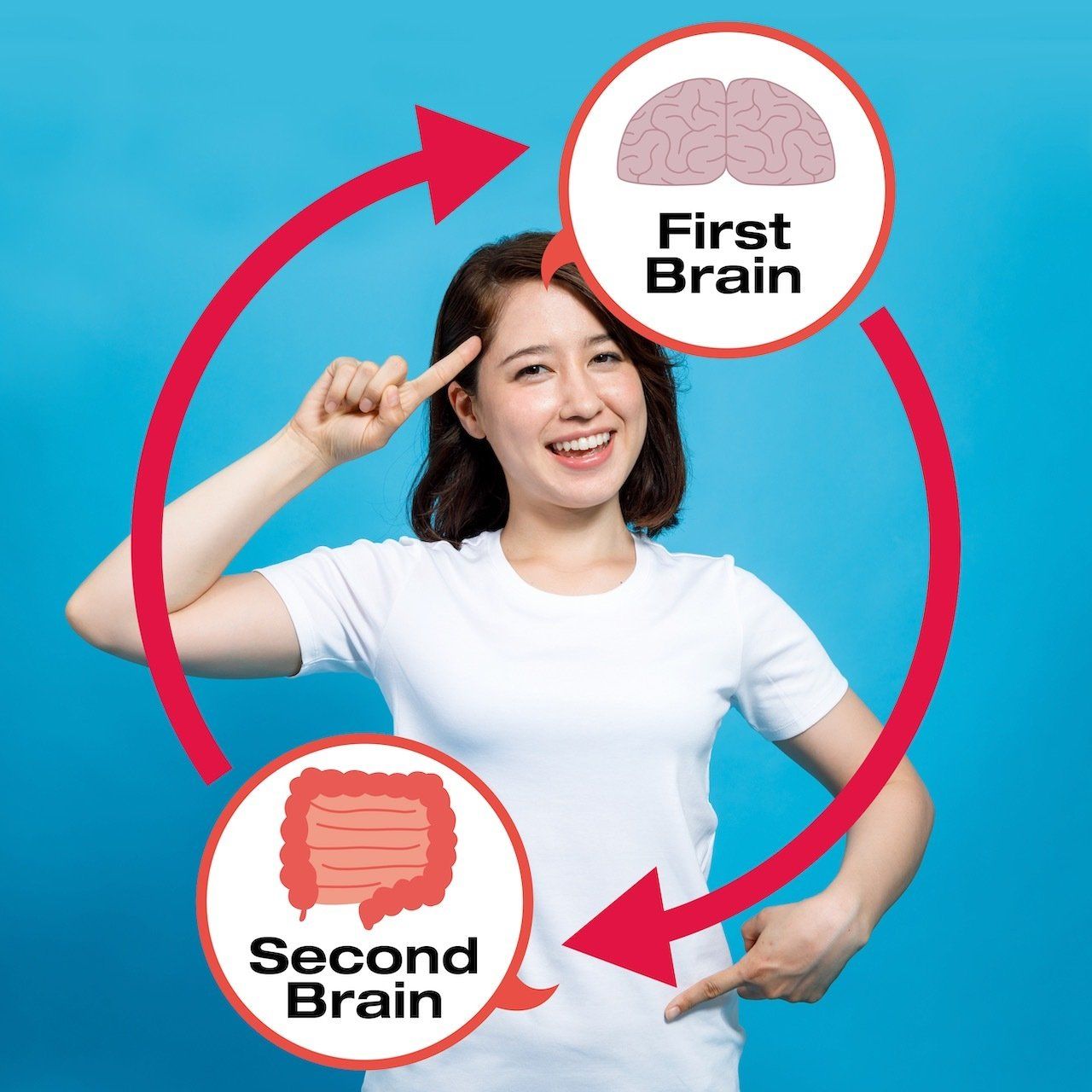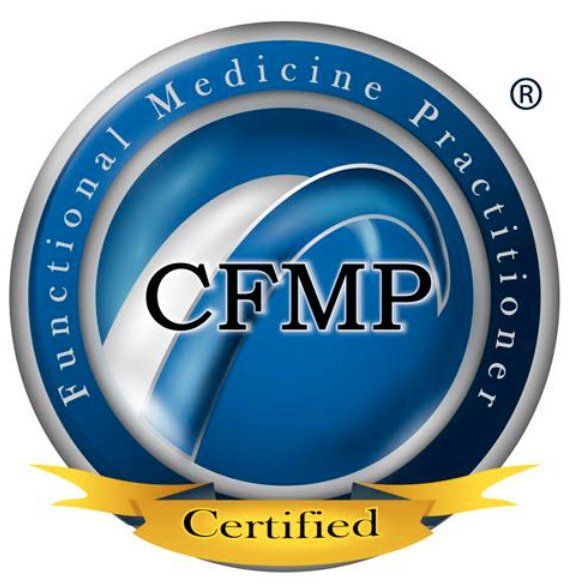10 Systems That Decline With Aging And What You Can Do About It
As we age, our bodies slowly start to decline. This is a natural process, but it can be frustrating for those who are affected by it. Luckily, there are ways to combat the effects of aging. In this blog post, we will discuss 10 systems that tend to decline with age and what you can do about it!
There are a variety of systems in our bodies that can deteriorate as we age. The following are ten examples of the most prevalent ones:
• Cardiovascular system: The cardiovascular system includes the heart and blood vessels. With aging, the heart muscle can become weaker and less efficient at pumping blood. This can lead to high blood pressure, heart disease, and stroke.
• Respiratory system: The respiratory system includes the lungs and airways. With aging, the lungs can become less efficient at exchanging oxygen and carbon dioxide. This can lead to shortness of breath, difficulty breathing, and lung disease.
• Gastrointestinal system: The gastrointestinal system includes the stomach and intestines. With aging, the digestive muscles can weaken and the lining of the stomach and intestines can thin. This can lead to indigestion, constipation, and diarrhea.
• Nervous system: The nervous system includes the brain and nerves. With aging, the brain can shrink and lose connections between nerve cells. This can lead to memory loss, confusion, and difficulty with thinking and decision-making.
• Endocrine system: The endocrine system includes the glands that produce hormones. With aging, the glands can become less efficient at producing hormones. This can lead to hormone imbalances, which can cause a variety of problems like fatigue, weight gain, and mood swings.
• Immune system: The immune system includes the cells and organs that protect the body from infection and disease. With aging, the immune system can become less efficient at fighting off infection and disease. This can lead to a higher risk of contracting illnesses like the flu or pneumonia.
• The muscular and skeletal systems: The bones, muscles, and joints are all parts of the musculoskeletal system. The bones might grow weaker and more fragile as we age. Muscles can atrophy (wasting away) and lose strength, as well as stiffness and pain in the joints. Osteoporosis, arthritis, and frailty are all problems that can arise from age-related decline in the musculoskeletal system.
• The skin: The skin is the largest organ in the body. With aging, the skin becomes thinner, drier, and less elastic. This can lead to wrinkles, sagging skin, and an increased risk of injury.
• Reproductive system: The reproductive system includes the organs that produce eggs or sperm. With aging, the reproductive organs can decline in function. This can lead to infertility and a decreased sex drive.
• Urinary system: The urinary system includes the kidneys, bladder, and urethra. With aging, the kidneys can become less efficient at filtering waste from the blood. The bladder can become less elastic and more prone to leaking. The urethra can narrow and become blocked more easily. This can lead to kidney disease, urinary incontinence, and urinary tract infections.
The optimal strategy to age healthily and gracefully while avoiding chronic degenerative illnesses is to preserve our DNA and cell health. Ways to protect our DNA include eating a healthy diet such as the Meditteranean diet, avoiding toxins, and detoxing therapy exercising regularly, and getting enough sleep.
Another alternative is to take certain nutraceuticals that have been shown to aid in DNA protection. Practioner - Grade supplements designed for each system might be quite beneficial.
If you are concerned about any changes you are experiencing, please consult with your doctor. They can help you determine if the changes are normal for aging or if there is something more serious going on. With prevention, DNA protection, early detection, and treatment, many of the problems associated with aging can be prevented or delayed.
If you’re interested in learning more about supplements and how to make your DNA work for you, check out chapter # 6 of my new book,
Understanding Genomics;
How Nutrition, Supplements, and Lifestyle Can Help You Unlock Your Genetic Superpowers.
As the name implies, this book will teach you how to unlock your genetic superpowers with nutrition, Practitioner-Grade supplements, and lifestyle.
For those who want to live a longer and healthier life, this book is a must-read!
Order a copy today!
Until then, stay healthy and happy!
Dr. Marios Michael
Resources:
- Dr. Marios Michael, DC, CNS, cFMP, 06/2022, Understanding Genomics; How Nutrition, Supplements, and Lifestyle Can Help You Unlock Your Genetic Superpowers, 1st edition, Austin, Bookbaby.
- Davalli P, Mitic T, Caporali A, Lauriola A, D'Arca D. ROS, Cell Senescence, and Novel Molecular Mechanisms in Aging and Age-Related Diseases. Oxid Med Cell Longev. 2016;2016:3565127. doi: 10.1155/2016/3565127. Epub 2016 May 10. PMID: 27247702; PMCID: PMC4877482.Cornelissen G, Otsuka K.
- Chronobiology of Aging: A Mini-Review. Gerontology. 2017;63(2):118-128. doi: 10.1159/000450945. Epub 2016 Oct 22. PMID: 27771728.Aging and the Microbiome: What Happens When You Get Older?” Atlas Blog, October 31, 2020. https://atlasbiomed.com/blog/ageing-and-the-gut-microbiome/
- Rogina B., Reenan R.A., Nilsen S.P., Helfand S.L. Extended Life-Span Conferred by Cotransporter Gene Mutations in Drosophila. Science. 2000;290:2137–2140. doi: 10.1126/science.290.5499.2137. - DOI - PubMed
- Ferrucci L., Fabbri E. Inflammageing: Chronic inflammation in ageing, cardiovascular disease, and frailty. Nat. Rev. Cardiol. 2018;15:505–522. doi: 10.1038/s41569-018-0064-2. - DOI -PMC
- Claesson M.J., Jeffery I.B., Conde S., Power S.E., O’connor E.M., Cusack S., Harris H.M., Coakley M., Lakshminarayanan B., O’Sullivan O. Gut microbiota composition correlates with diet and health in the elderly. Nature. 2012;488:178–184. doi: 10.1038/nature11319. - DOI -PubMed
Please Note: This blog post is for informational purposes only and does not constitute medical advice nor does it establish a practitioner-patient relationship. If you have any concerns about your health, please consult with a qualified healthcare professional.
These statements have not been evaluated by the Food and Drug Administration. This product is not intended to diagnose, treat, cure, or prevent any disease.

